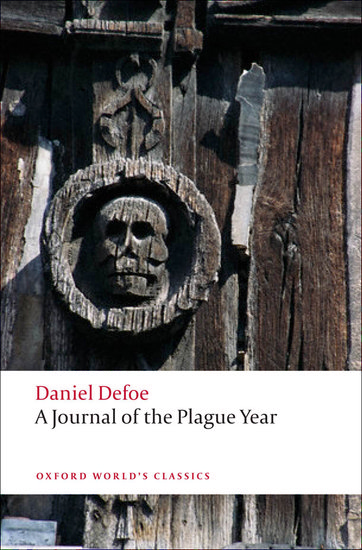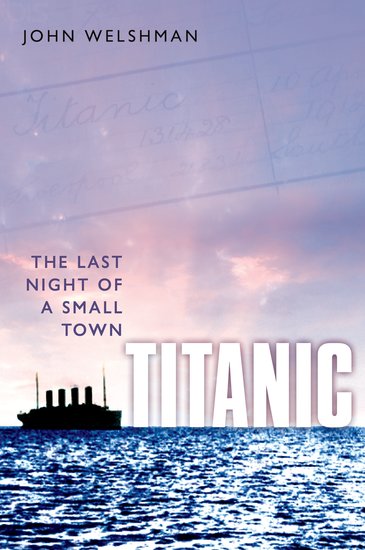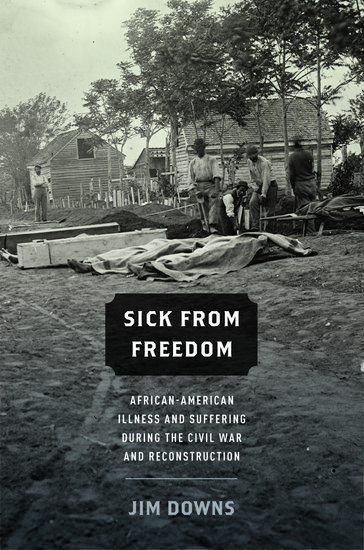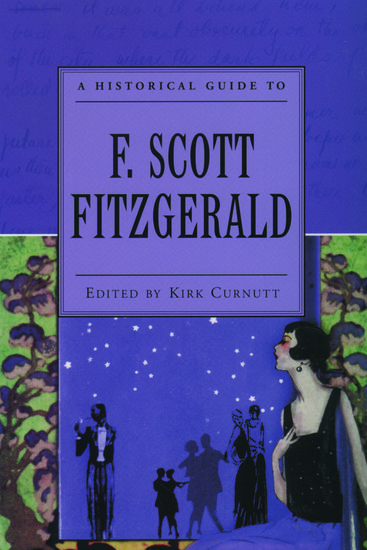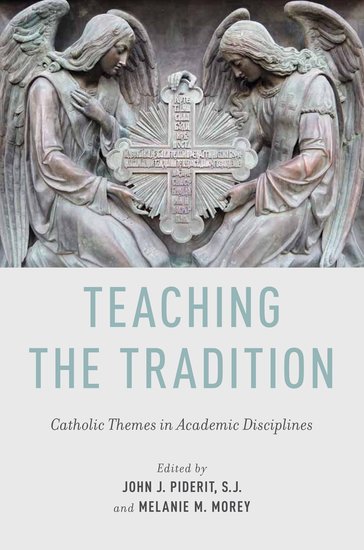Smallpox: the facts
On this day in 1496, British doctor Edward Jenner administered the first smallpox vaccination to James Phipps, an eight year old boy. To mark the anniversary, we speak with Martin S. Hirsch, MD, FIDSA. Dr. Hirsch is editor-in-chief of The Journal of Infectious Diseases, professor of medicine at Harvard Medical School, professor of infectious diseases and immunology at the Harvard School of Public Health, and a physician at Massachusetts General Hospital.





